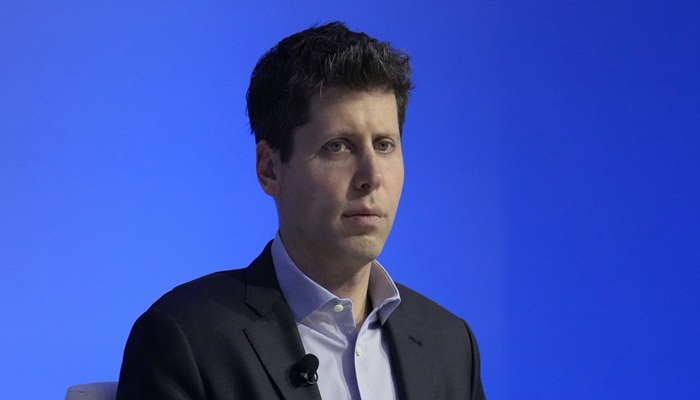In China, office workers are being urged not to work too much — the state hopes that free time will encourage people to consume more local goods.
This is what The Economist writes about.
Two weekends a week in China are a rarity. Most locals say goodbye to it in high school. And office workers, especially in the fast-paced tech sector, often work overtime, sometimes under duress. But recently, the trend has begun to change.
Large Chinese companies are restricting overtime. For example, Midea, one of the largest manufacturers of home appliances, has launched a campaign against “unnecessary overtime”. Employees are forced to leave the office by 6:20 p.m.
And at the factory of drone manufacturer DJI, employees are asked to leave the office no later than 9:00 PM, although this hour has already been criticized online as being too late.
These steps correspond to two key priorities of the Chinese authorities — combating “neixuan”
information reference
Nèijuǎn is a life full of overwork, stress, anxiety, and a feeling of being trapped. That is, when a person faces the negative consequences of constant competition but does not get results from their efforts., when work is ineffective and people work without tangible results, and stimulating consumption.
The Chinese government wants people to spend more domestically, rather than relying solely on exports and large construction projects. To this end, the authorities proposed a special plan in March: they promised to reduce overwork, take care of the human right to rest and vacation. And to give people more opportunities to relax, they added two more public holidays a year.
But not all workers trust the new corporate rhetoric. Skepticism is spreading online: Could the same companies that have been pushing people to exhaustion for years suddenly be leading the fight for work-life balance? Some point to external reasons. The European Union recently banned products made using forced labor, including “excessive overtime”. Export-oriented companies could therefore change their policies due to the threat of sanctions.
Changing a deeply ingrained work culture is no easy task, but the Chinese government has begun to recognize that taking time off is not a weakness but an economic necessity.
- In November 2022, Belgium became the first EU country to legalize a four-day workweek. Belgians are offered the option of working four days a week, provided that the working day lasts 9.5 hours.
- In October 2023, Valencia, Spain, ran a month-long experiment with a four-day workweek. The results showed that it had a positive impact on peopleʼs health and reduced fuel emissions. And in 2024, Iceland switched to a four-day workweek, which had positive consequences for the economy and for the countryʼs citizens.






















